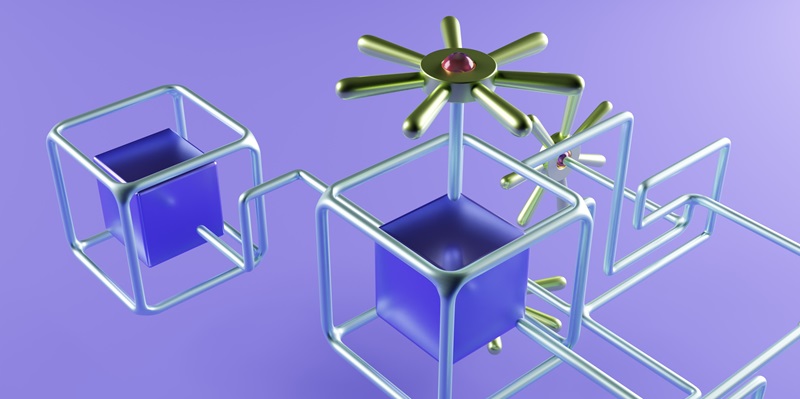Argo CD and Slack are powerful tools in their respective domains – Kubernetes deployment and real-time collaboration. In this article, we explore how integrating Argo CD with Slack, using the Argo CD Notifications extension, can revolutionize your Kubernetes deployment workflow. By providing real-time notifications and facilitating seamless communication, this integration empowers teams to collaborate efficiently and ensures the smooth functioning of their applications.
The Benefits of Integrating Argo CD with Slack
Effective communication and collaboration are crucial for successful Kubernetes deployments. By integrating Argo CD with Slack, teams can leverage the real-time chat capabilities of Slack to improve communication flow. Real-time updates and instant notifications enable teams to respond promptly to deployment events and facilitate effective decision-making. Additionally, the visibility provided by Slack enhances the overall transparency of the deployment workflow.
Argo CD Notifications
Argo CD Notifications is an extension specifically designed to enhance the notification capabilities of Argo CD. It offers customizable event triggers and templates for sending notifications. Integrating this extension with Slack provides an efficient and streamlined communication channel for deployment events. With Argo CD Notifications, teams can prioritize critical events and receive real-time notifications in dedicated Slack channels. To begin using the Argo CD Notifications Slack app, start by installing it on your Slack workspace. Once installed, configure the app with your workspace to establish the necessary connection. With the “chat:write” and “chat:write.customize” permissions, the app can send customized messages and format notifications in Slack. This installation and configuration process ensures a seamless integration between Argo CD and Slack.
Setting Up Notification Triggers and Templates
Unlock the true potential of Argo CD Notifications by defining customized triggers and templates. These triggers allow you to subscribe to specific events such as on-sync-succeeded, on-sync-failed, or any other event relevant to your deployment workflow. Similarly, templates enable you to format the notifications to meet your specific requirements. This customization empowers teams to receive focused and relevant information, streamlining their decision-making process.
Testing the Notification System
Before fully implementing the integration, it is crucial to test the notification system. Deploy a demo application and subscribe to specific triggers to receive notifications in the Slack channel. This testing phase helps validate the configuration, ensuring that notifications are correctly generated and delivered. By confirming the effectiveness of the system, teams can proceed with confidence in deploying it to their production environment.
Benefits of Argo CD Notifications and Slack Integration
The integration of Argo CD Notifications and Slack brings significant benefits to your Kubernetes deployment workflow. Real-time alerts provided by Slack enable teams to stay up-to-date with the status of deployments and respond promptly to any issues. The proactive approach facilitated by this integration reduces downtime and ensures the smooth functioning of applications. By effectively leveraging the combined power of Argo CD and Slack, teams can maintain application health and ensure high-quality deployments.
Integrating Argo CD with Slack through the Argo CD Notifications extension offers a powerful solution for streamlining Kubernetes deployment workflows. The real-time communication capabilities of Slack, combined with the customizable event triggers and templates of Argo CD Notifications, provide teams with unprecedented visibility into their deployments. By receiving real-time notifications and collaborating seamlessly, teams can ensure the successful delivery and maintenance of their applications. Don’t miss out on the opportunity to integrate Argo CD and Slack for a smoother and more efficient deployment workflow.

